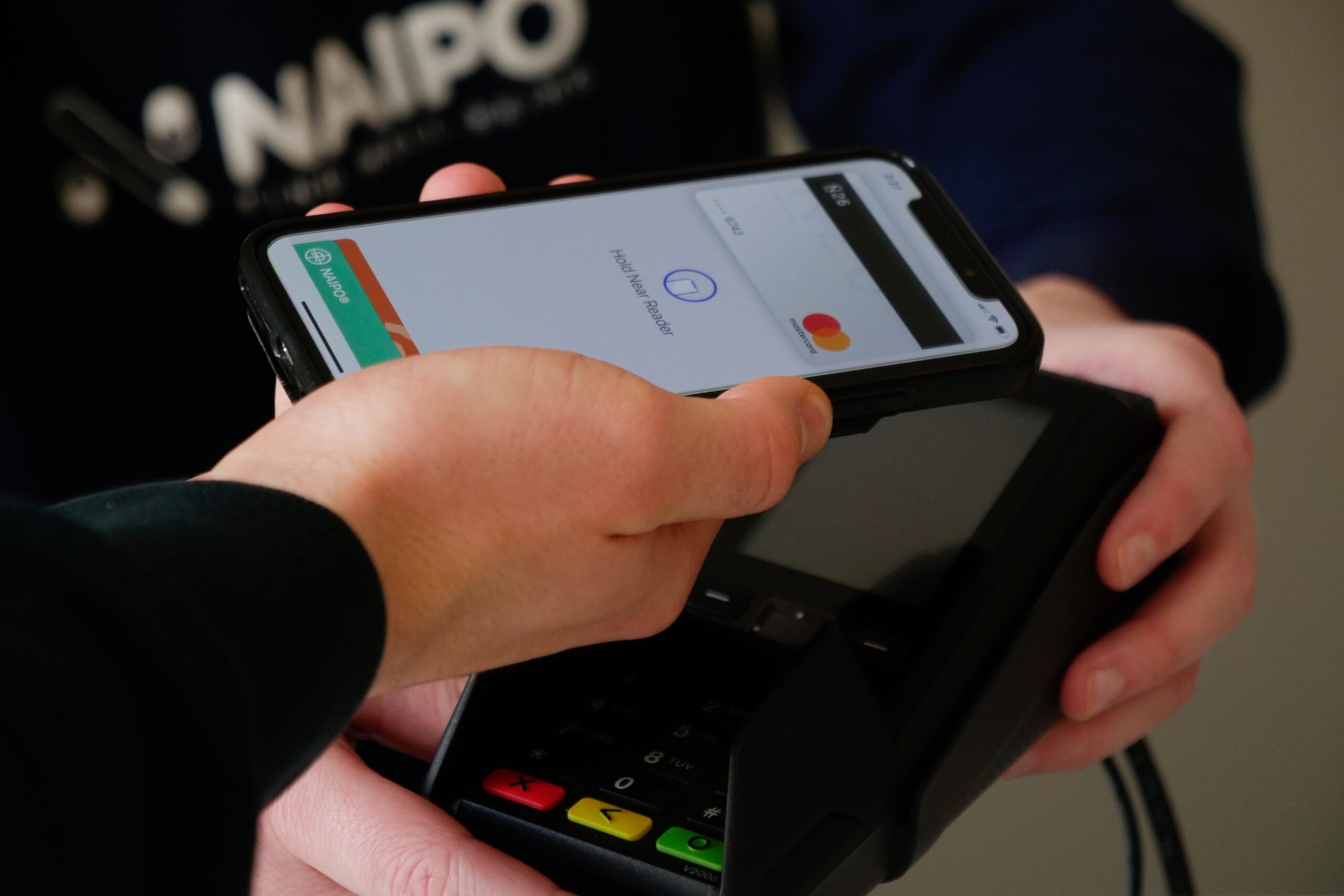Crises drive change. That’s a fact. It’s now been over three years since the COVID-19 pandemic upended our world, touching every corner of our lives – especially our finances.
So, now that we’re officially out the other side, how has our relationship with money changed since COVID-19 landed on our shores?
Savings
The COVID-19 pandemic created a tale of two economies: those who were able to save, and those who struggled to make ends meet.
In the aftermath of the pandemic, both sides of the coin have paid greater attention to their ‘emergency funds’. The fortunate few who were unaffected by, or maybe even benefited from, the pandemic may have had the chance to top up their emergency fund. On the flip side, many other people lost jobs and income and had to use their emergency funds just to get by.
Whether people have been adding to their emergency funds or dipping into them, there’s no doubt that there has been greater attention paid to our savings since the pandemic.
Reassessing financial priorities
Many people’s financial priorities have drastically changed since the pandemic. In many ways, it was a drastic reality check: being forced to restrict our daily lives and putting plans on hold gave us ample time to assess what really mattered to us, what we did (and didn’t) miss, and what we couldn’t wait to do more of once we were able.
In turn, we’ve found that many of our clients changed their outlook. Lots of them decided to put their money to good use in checking items off their bucket list, rather than simply saving it all for a rainy day. We’re big fans of this approach! After all, what is the money for if not to help you achieve your goals, dreams, and aspirations?
People’s views on what constitutes ‘wealth’ have undoubtedly changed. Wealth is now more commonly seen as the ability to freely spend time doing things you love with the people you love, rather than simply as an accumulation of goods or funds in a bank account.
Go and read this blog by my colleague Ronan for tips on what makes a great bucket list.
Cashless and Contactless
This is probably the most tangible change. As a society we’ve shifted away from cash, as contactless payments have become the norm.
The COVID-19 pandemic drastically accelerated the use of contactless technology. When the pandemic hit, establishments put measures in place to limit physical contact, as per official advice. This included currency usage and physical contact with the buttons on card readers. Since most people already used payment cards, contactless payment technology was the obvious solution. The contactless limit increased to €50 in April 2020 to support this effort over the lockdowns.
Contactless payments reached a record high in Ireland last year. Almost €17.9bn was spent via contactless payments in 2022, according to the latest figures published by the Banking & Payments Federation Ireland (BPFI). This reflects a 31.4% jump from 2021 when contactless transactions were valued at over €13bn.
Spending habits
What’s especially interesting about this rapid shift towards contactless transactions is how it affects our relationship with and concept of money. Naturally, this also affects our spending habits. Not only did we increasingly shift towards contactless payments, but online shopping predictably skyrocketed.
As we increasingly ‘de-personalise’ the experience of spending money, it can feel less real to us. We don’t feel the impact of spending it in quite the same way. We unintentionally spend more frivolously than we naturally would have. From a purely psychological standpoint, it feels very different to beep your phone against a device to pay for a €8.75 transaction than it does to hand over a €10 note to a human being.
Similarly, the prominent rise of ‘buy now, pay later’ schemes targeted at young people – such as Klarna, ClearPay, and AfterPay – for things as small as a takeaway (yes, really) exacerbates the problem.
It’ll be interesting to observe how spending habits and monetary perceptions change in response to this in coming years.
In conclusion
Major events typically result in major shifts in behaviour. Some of these changes are defensive in nature, like attention to emergency funds. Others have been about finding opportunities to put funds to good use, such as ticking off bucket list items.
And for many of us, the main change is a very human one. We hold less regard for money and more emphasis on getting to do the things you love with the people you love. I’m sure that can only be a good thing.
Eoin O’Brien
Client Services Executive
Disclaimer
Metis Ireland Financial Planning Ltd t/a Metis Ireland is regulated by the Central Bank of Ireland.
All content provided in these blog posts is intended for information purposes only and should not be interpreted as financial advice. You should always engage the services of a fully qualified financial adviser before entering any financial contract. Metis Ireland Financial Planning Ltd t/a Metis Ireland will not be held responsible for any actions taken as a result of reading these blog posts.





